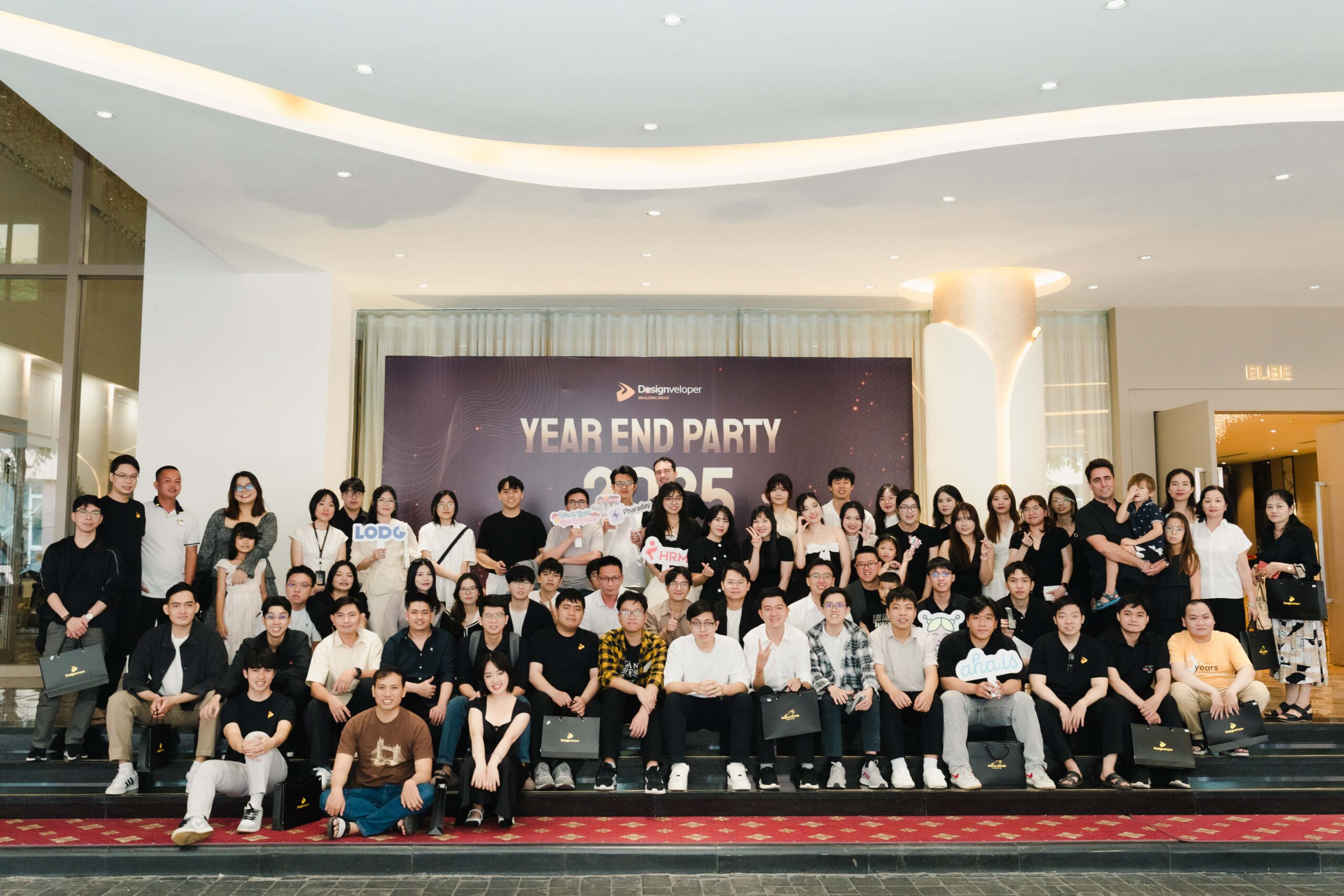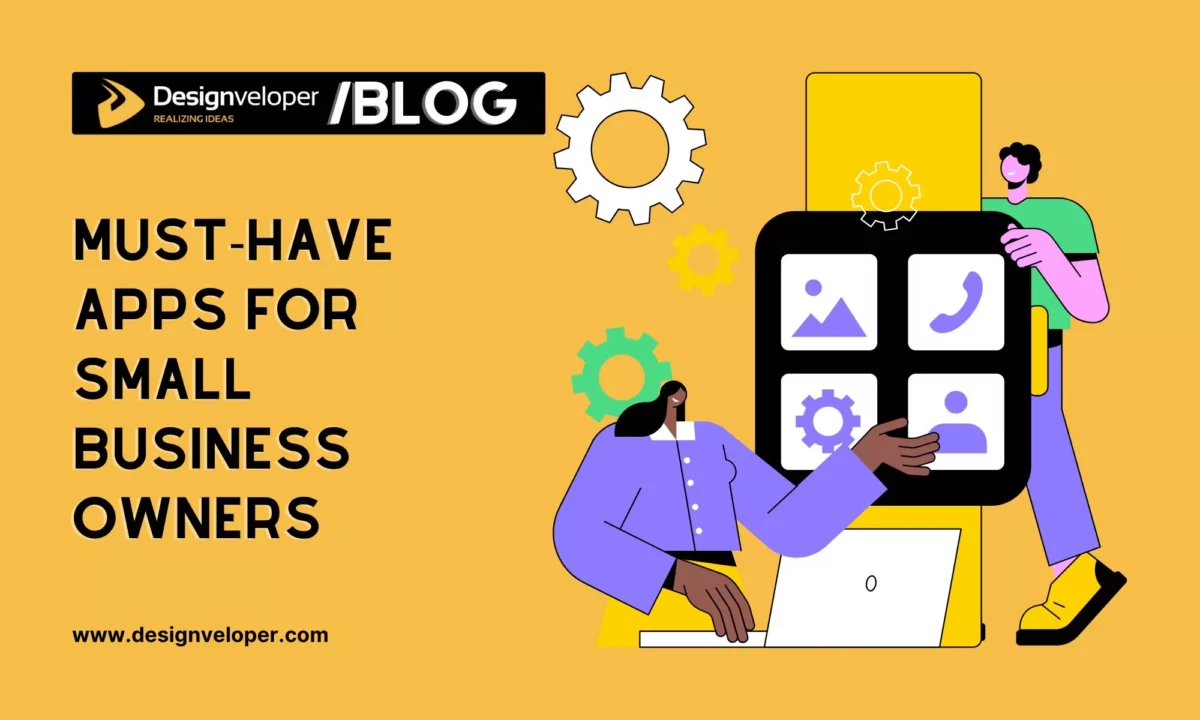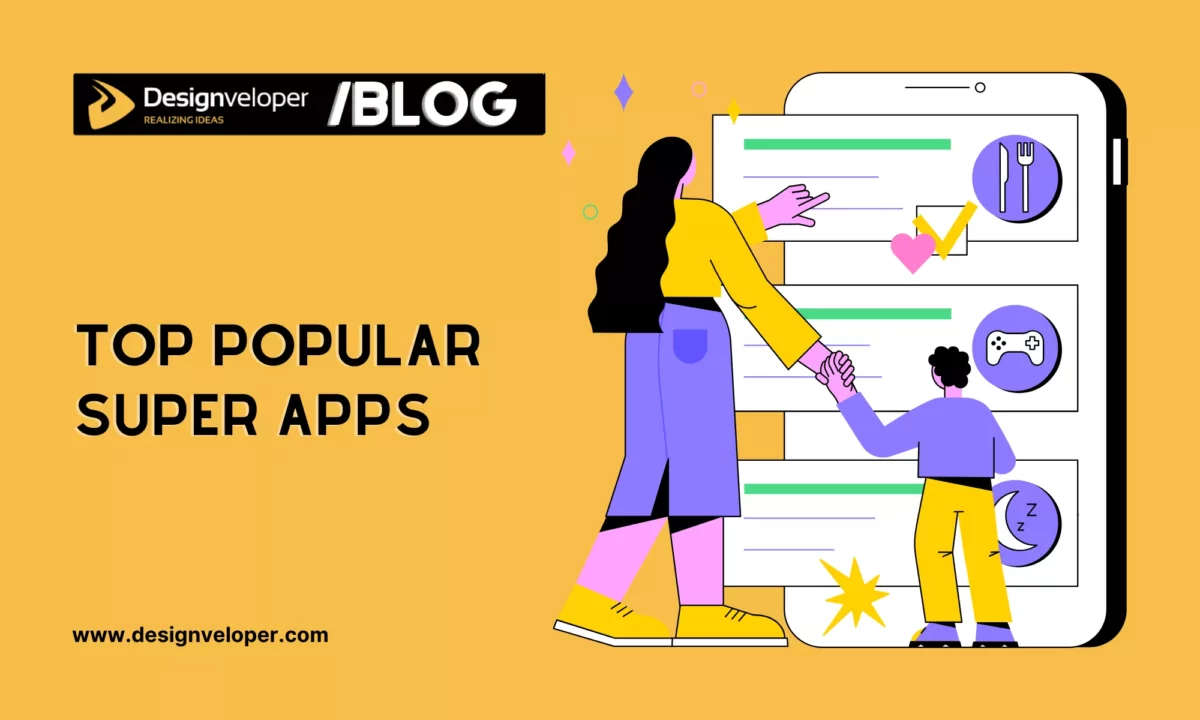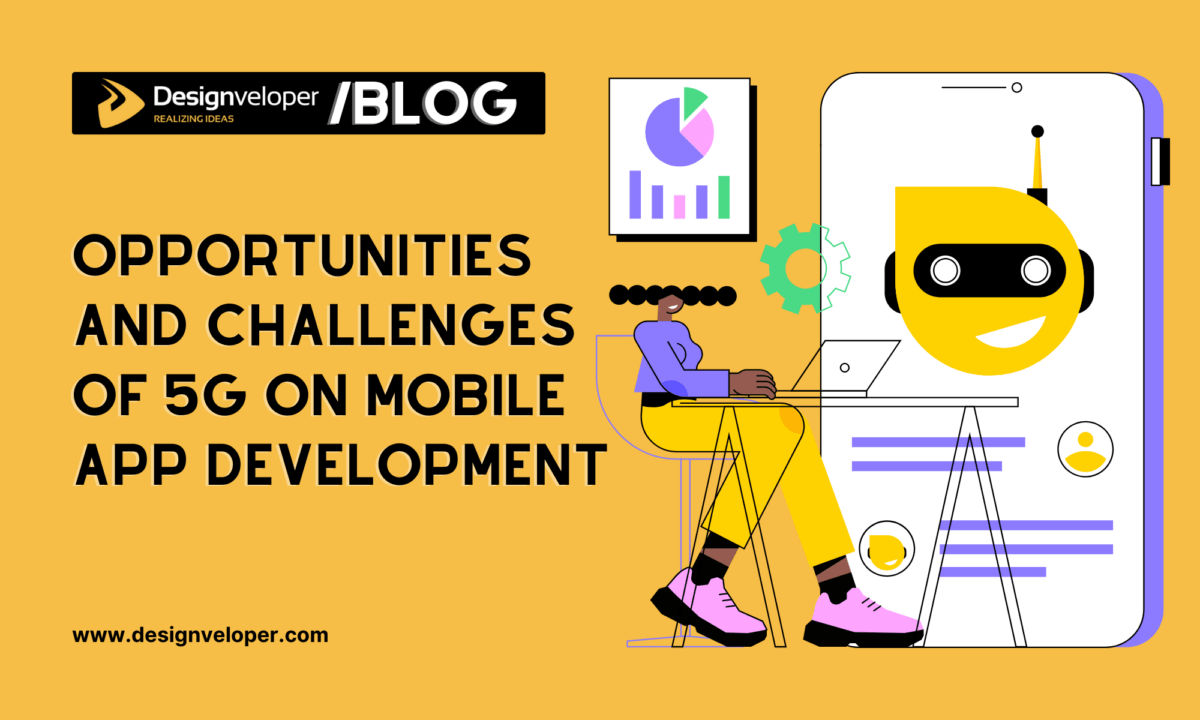iOS and Android App Development: Market and Development Comparison
May 29, 2025
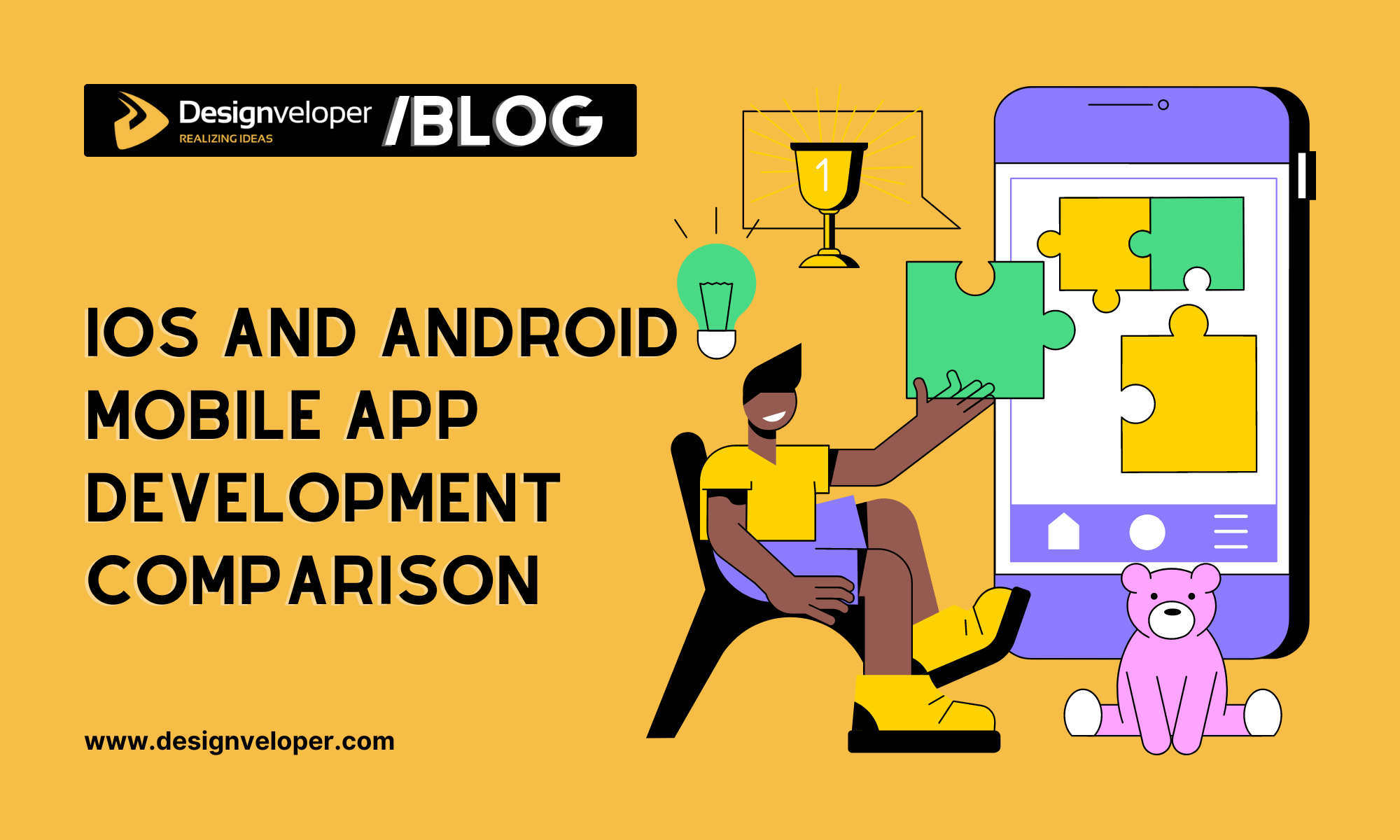

In 2025, there are more than 4.5 billion smartphone users worldwide, and this is such a huge chance to make some good money with iOS and Android app development. In other words, if you have a good mobile app idea and want to deploy it on both iOS and Android platforms, don’t miss the chance to approach a massive audience. But wait! What do you know about iOS and Android app development? This article will give you a quick look at these two tech sectors:
Overview of iOS and Android App Development
Along with the increasing mobile usage, we’ve witnessed the growth of two common platforms: Android and iOS. While the former is an open-source operating system developed for various touchscreen-based mobile devices, the latter is developed exclusively for Apple’s mobile devices, like iPhone and iPad. In this section, we’ll learn deeply about these two OSs in terms of their market share and user demographics.
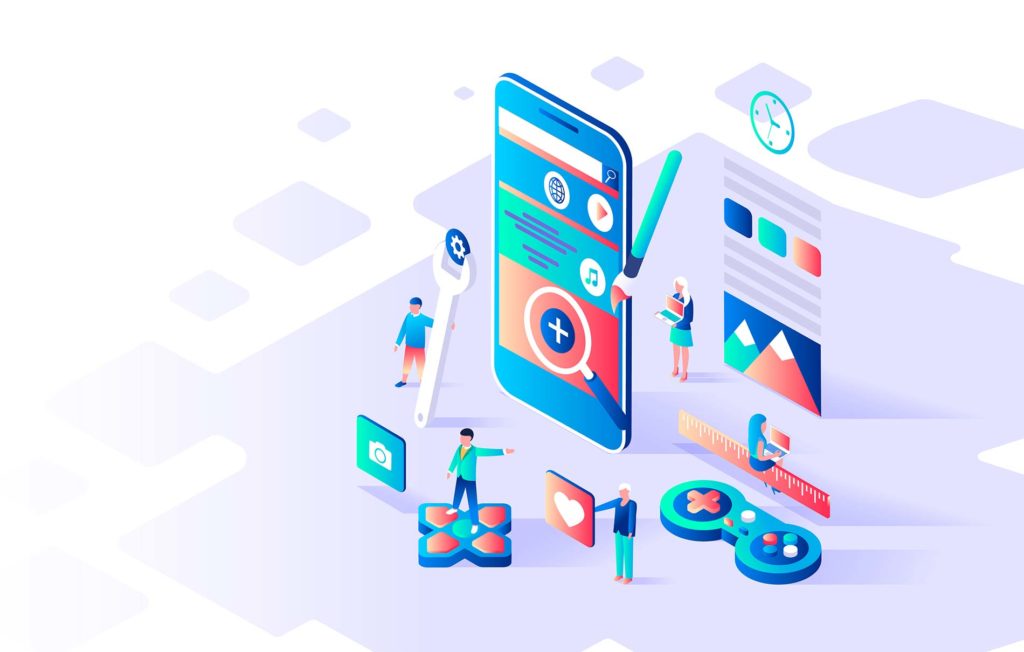
1. Market Share
According to a report conducted by StatCounter, Android was still the most used mobile operating system in April 2025 with 72.23% of the market share. Its longtime rival, iOS, stood right behind and was responsible for 27.39% of the market share.
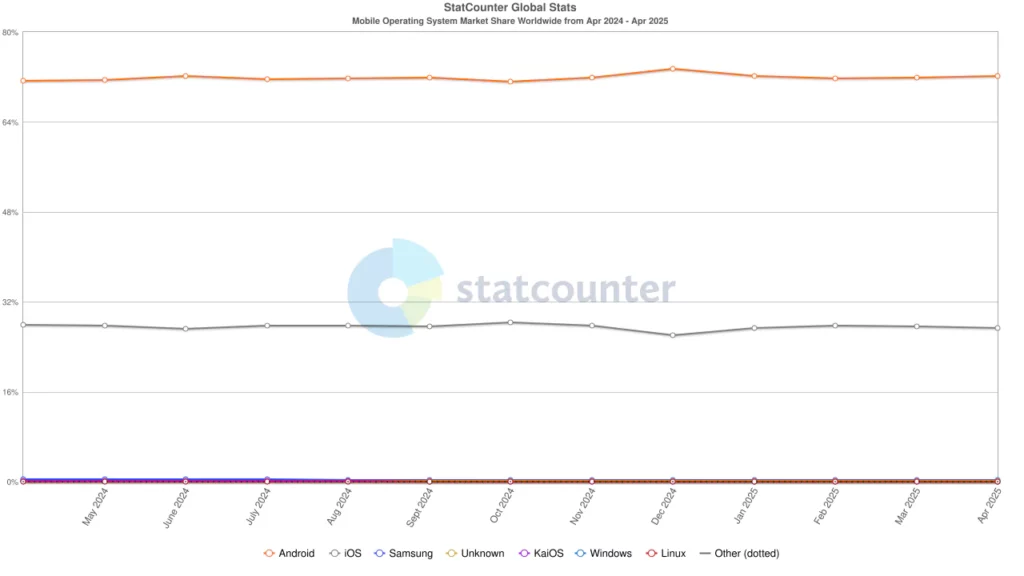
And it’s so surprising to see that compared to a decade ago, the total share of these two giants was merely 85%, but now, the number has dramatically increased to more than 99%. The reasons might be varied: the failure of Windows Phone, BlackBerry OS, etc.; the flexibility and the broad price range of Android devices; or it’s just thanks to a lot of money pouring into countless marketing campaigns, you name it.
However, no matter what the reasons are, at the moment or in the near future, it seems like there’s no other one capable of beating them or even gaining just a bit of the market share. So, if you want to tap on a larger portion of users, then Android is what you should choose.
But if you ever look at the figure and think that the process of mobile app development on Android will definitely pay back more money than developing an iOS one, well, the next part may change your mind.
2. User Demographics
As mentioned above, Android devices have a larger price range. Whether you bring $50 or $500, the sales rep can always introduce a phone that you are able to get home. That’s the reason why Android mobile phones are more popular in lower-income areas and developing countries.

On the other hand, even though iOS doesn’t control the market share, it’s still responsible for the larger share of the profit pie. This happens due to the fact that iOS users are more engaging when it comes to in-app purchases and paid subscriptions. Besides, they’re also more loyal than Android users. An article stated that Apple has retained over 90% of iOS users over the past three years. Furthermore, many studies have found that iOS users receive a higher income and have a higher education level than Android users.
In light of that, user income and location are two of the most important factors to consider as you are planning the monetizing model of your app. If your strategy is based on advertising, then Android might be the one. And in the case that you want more premium users or want to sell your app to earn good money, your choice should be iOS.
Explore trending mobile app ideas to make money in this article.
Technical Factors of iOS and Android App Development
Market share and user demographics are not the only things you need to consider when choosing iOS or Android app development. There are other technical aspects like app design, programming languages, and complexity. Now, let’s dive deep into each of these technical factors:
1. App Design
Apparently, each of the OS has a significantly different set of rules for designing and developing apps. As for the mobile app development on Android, you’re going to need to do some research on Material Design. And it’ll be the Human Interfaces Guideline when it comes to iOS.
These two documents will show designers and developers how to make apps that are consistent in terms of look and feel.
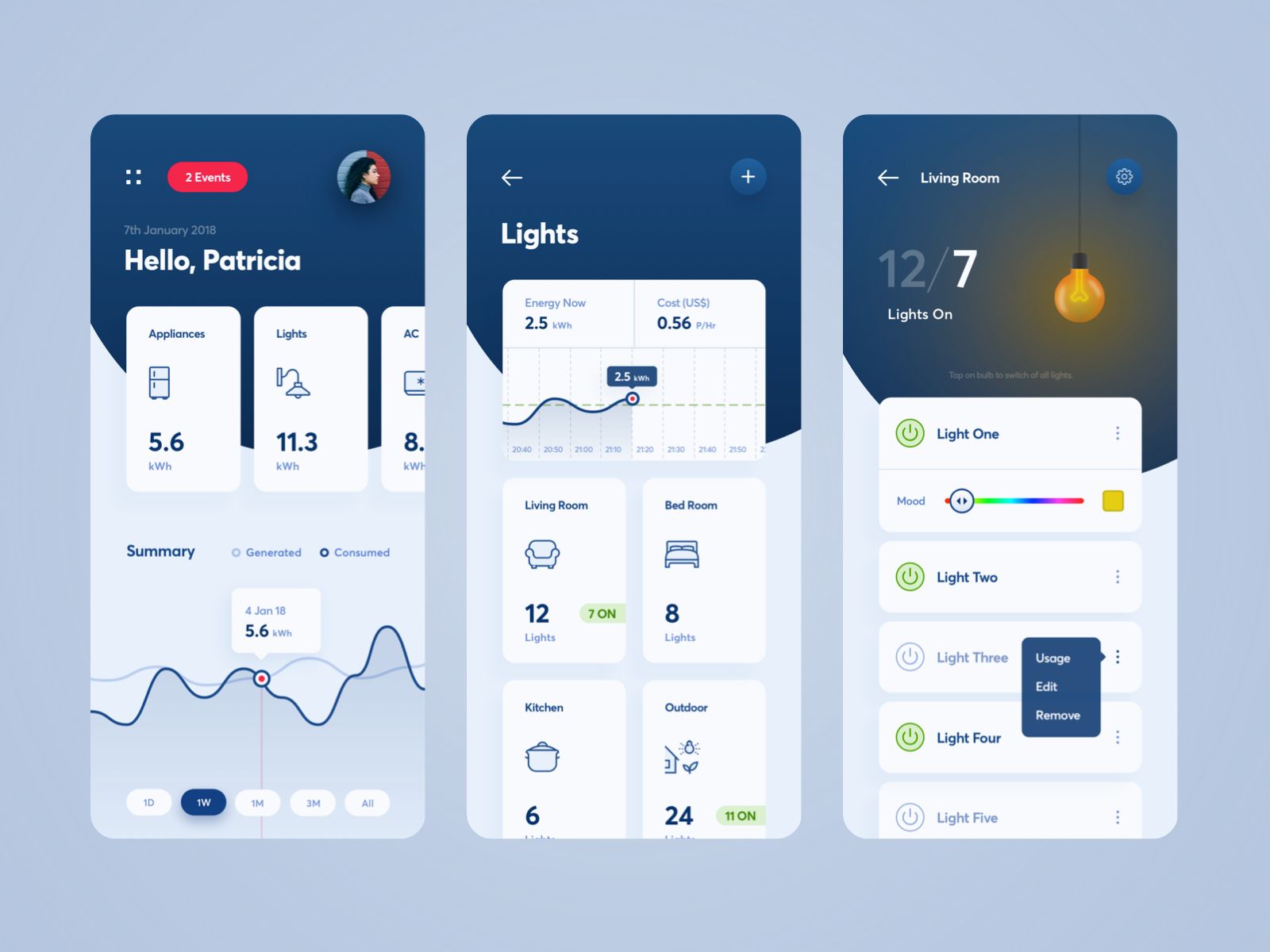

So, in short, iOS design patterns are based a lot on clarity, deference, and depth. Meanwhile, Android puts its focal point on realistic graphic elements. It’s also worth knowing that iOS always wants its users to have the same experience when using every app; the Android system, however, is more open and flexible, so app developers have more freedom to design their products.
2. Programming Languages
You might notice that these two OSs still share some common designs, such as gestures (tapping, pinching, swiping, etc.). However, as we are talking about programming languages, there’s nothing alike.
If you want to start your plan of mobile app development on Android, Java, Kotlin, or C/C++ what your developers must know. And provided you are planning to develop a native iOS app, your team should be able to use Swift and Objective-C.
Recommended reading: Top 10 iOS 14 Features That Can Help You
3. Development Complexity
Since there are countless Android devices in the market, your app should be designed and developed to fit them all, at least for common devices such as Samsung, Sony, etc. One way or another, this will cost businesses more time and effort spent on the development and testing stage. This leads to the result that the mobile app development process of a native Android app could be 30-40% more time-consuming compared to that of a native iOS app.
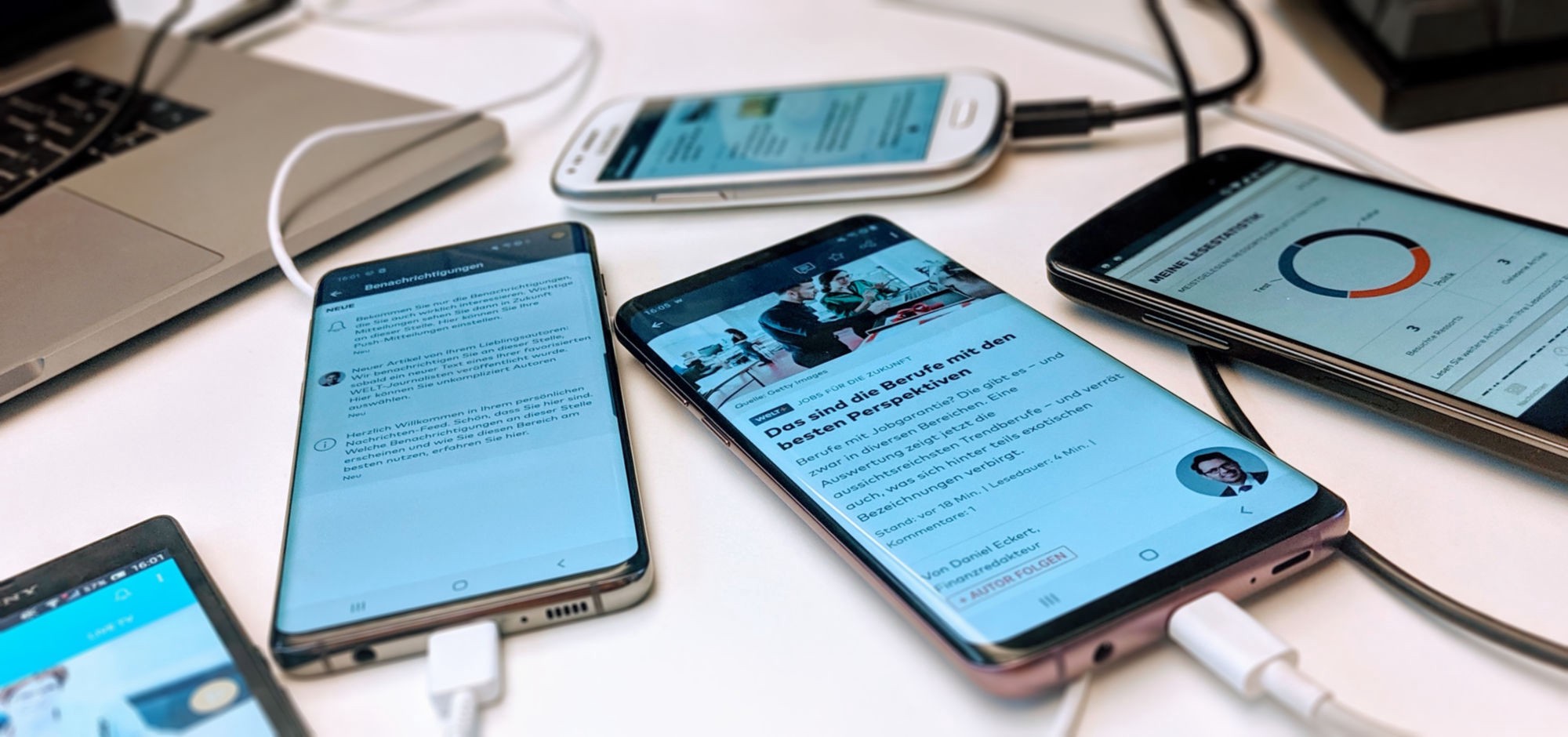
As for iOS, the Apple team has JUST come up with 24 models since its appearance. And more than half of them are unsupported now. So, developers don’t have to pay attention to many devices at once.
So many may say that Android is gonna lose this round. But, developing a native iOS app is equally difficult as Apple has a lot of rules and restrictions to follow.
4. App Publishing
It might take you less time to develop an iOS app, but the publishing stage of it requires more time than an Android app. This is because iOS reviewers are human beings, and they have to check many aspects of your apps, such as bugs, policy violations, etc. At the same time, Android uses bots to check your app and see if it is qualified.
Wrapping Up About iOS and Android App Development
So, we hope that you found this article useful for your future business. If you are planning to build a mobile app, contact us now, whether it is on Android or iOS.
With solid technical expertise and hands-on experience, Designveloper has delivered user-centric, high-performance native applications with cost-effective and on-time delivery. Accordingly, our mobile app development team is proficient in creating iOS apps using technologies like Swift, Objective-C, Fastlane, and CircleCI. Our certified Android specialists also boast broad IT proficiency in technologies like Java, Kotlin, Flutter, and more to build tailored Android apps.
Wanna share your app idea with us? Get in touch and receive a free estimation!






Read more topics
You may also like



















